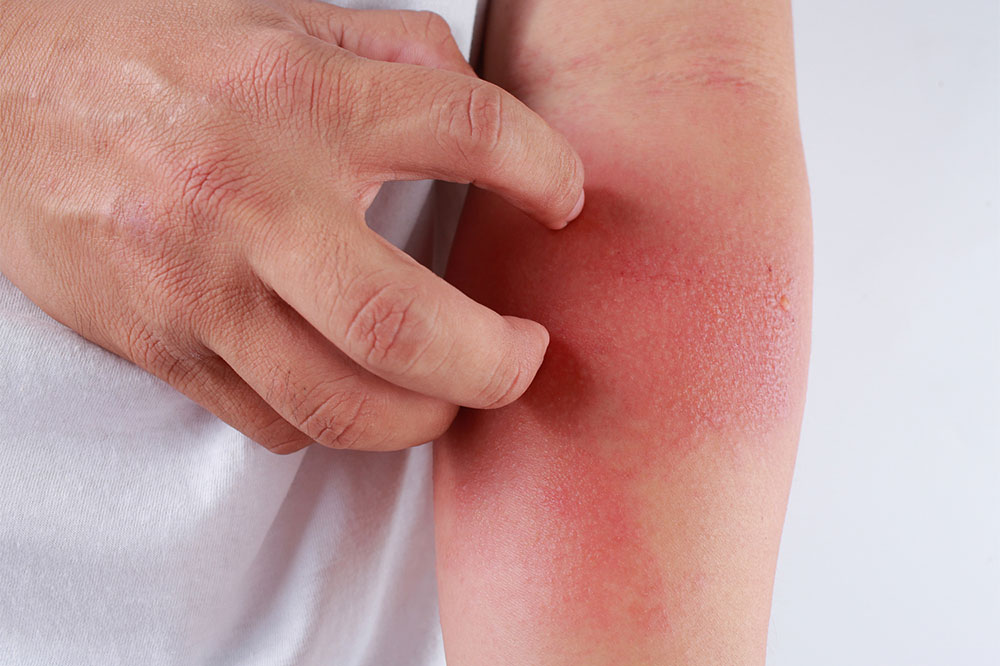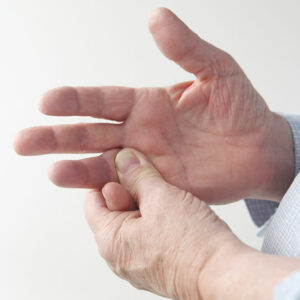Eczema – Soaps to avoid

Eczema is an umbrella term that describes a group of skin disorders that can lead to dermatitis or inflammation of the skin. Individuals suffering from eczema often experience redness of the skin and itching. This is because eczema damages the protective skin barrier and makes the skin sensitive and more prone to infections and dryness. Read on to find out the effect of soap on the skin and how certain soaps can trigger eczema.
The relationship between soap and eczema
Soaps are a great cleaning tool, but if you do not use the right one, they can cause damage to the skin. This is because most soaps and detergents eliminate the natural oils of the skin. This can make the skin itchy, red, and more sensitive to external irritants. Many soaps also contain irritants that can worsen preexisting skin conditions like eczema.
Here are some common soaps that could trigger eczema.
Soaps that have surfactants
Surfactants, also known as surface-active agents, are key ingredients in many soaps. But studies have shown that surfactants can actually have an adverse effect on the skin. In fact, it contributes to unhealthy skin by increasing oxidative stress and increasing redness and dryness.
Soaps with strong cleaners
Another type of soap that could trigger or worsen eczema is a soap that contains harsh cleansing agents. This is because most cleansers can damage the skin’s protective barrier and even destroy proteins and natural oils that are responsible for keeping the skin soft and moisturized.
Alkaline soaps
The human body can maintain balanced pH levels on the skin. But some soaps are alkaline in nature and could affect the skin’s natural pH and impair barrier function. One of the ways to ensure that your skin’s natural pH levels are intact is to use a soap with a balanced pH formula.
Soaps with fragrance
Soaps that focus on fragrance are usually chock-full of chemicals that contribute to their wonderful scent. But these chemicals could be allergens and trigger eczema.
Note that those suffering from eczema should read the label of the soap carefully. Don’t forget to steer clear of soaps with allergens, dyes, and deodorants, as these can have adverse effects on the skin.
For those who are already having an eczema flare, simply avoiding certain soaps may not be treatment enough. They may also need to opt for other allopathic modes of treatment, such as:
DUPIXENT
DUPIXENT is a breakthrough treatment used to tackle moderate-to-severe eczema. The biologic treatment tackles the source of the inflammation in the skin. This helps prevent flare-ups on the surface. The common side effects include eye troubles, blurry vision, swelling in the face, fainting, dizziness, and pain in joints.
EUCRISA
Approved in 2016, EUCRISA is another standard treatment for eczema. The ointment is used to tackle mild-to-moderate eczema and can be used for individuals of ages and races. Common side effects include burning and stinging at the site of application. EUCRISA can also trigger allergic reactions.
RINVOQ
RINVOQ is an oral treatment for eczema. Individuals need to take it once a day. Some side effects include infections, increased cardiovascular risk, blood clots, and allergic reactions.



